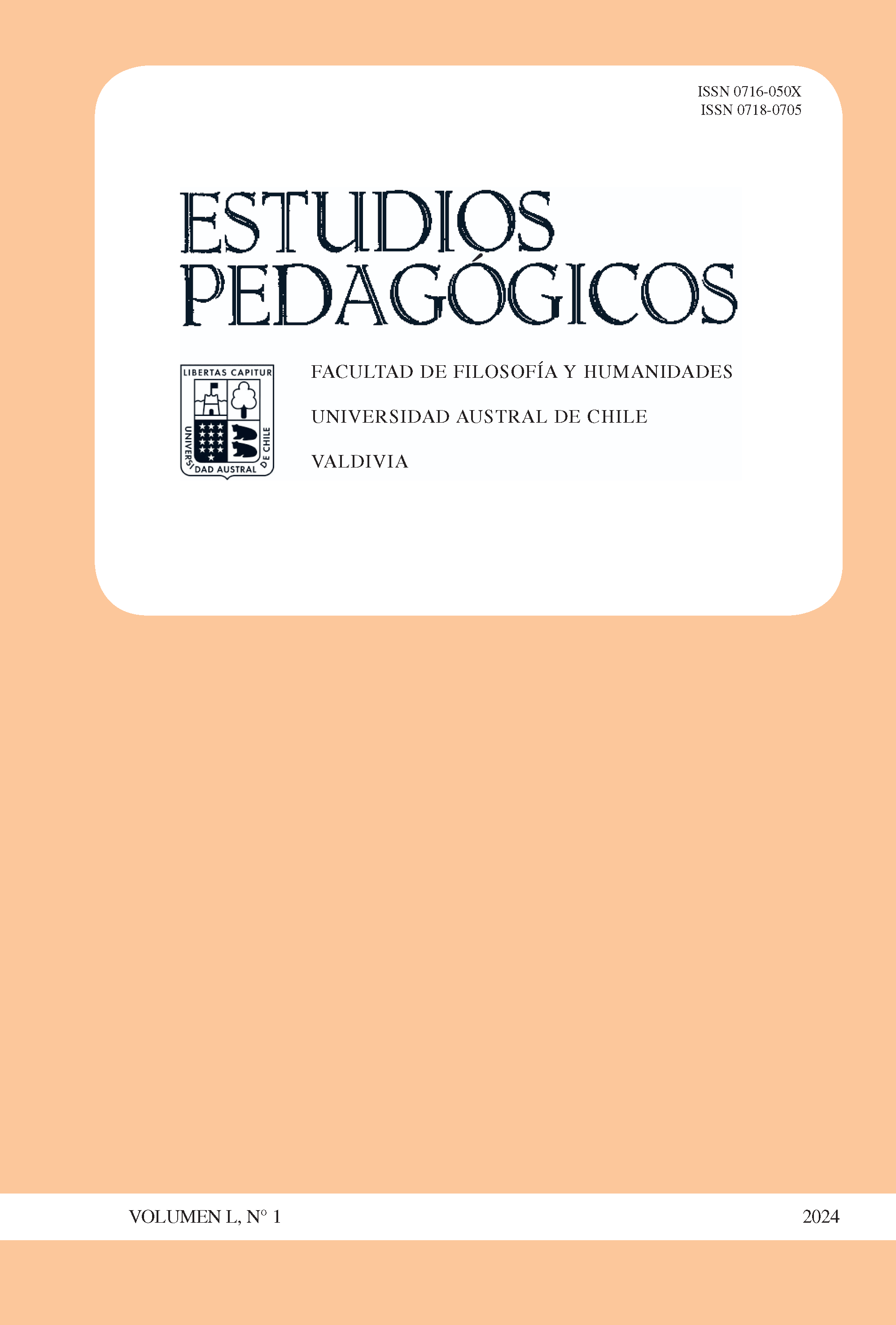Emergent algebraic thinking of children in Early Childhood Education
Main Article Content
Abstract
Mathematical thinking is fundamental for the development of skills in children. For this reason, this research arose, and it aims to interpret the process of construction of emergent algebraic thinking in early childhood. This construction process will allow the design of instructional strategies. The methodology adopted is a qualitative approach. This is a case study, supported by interpretive-descriptive research. The results were obtained through the application of a pre- and post-test. To carry out the research, we selected a study group made up of ten girls and boys. The results show the need for the design of strategies that allow the development of algebraic thinking that starts from the categories pattern and sequence, concluding that it is necessary to gradually incorporate activities that promote the development of algebraic thinking in girls and boys.

